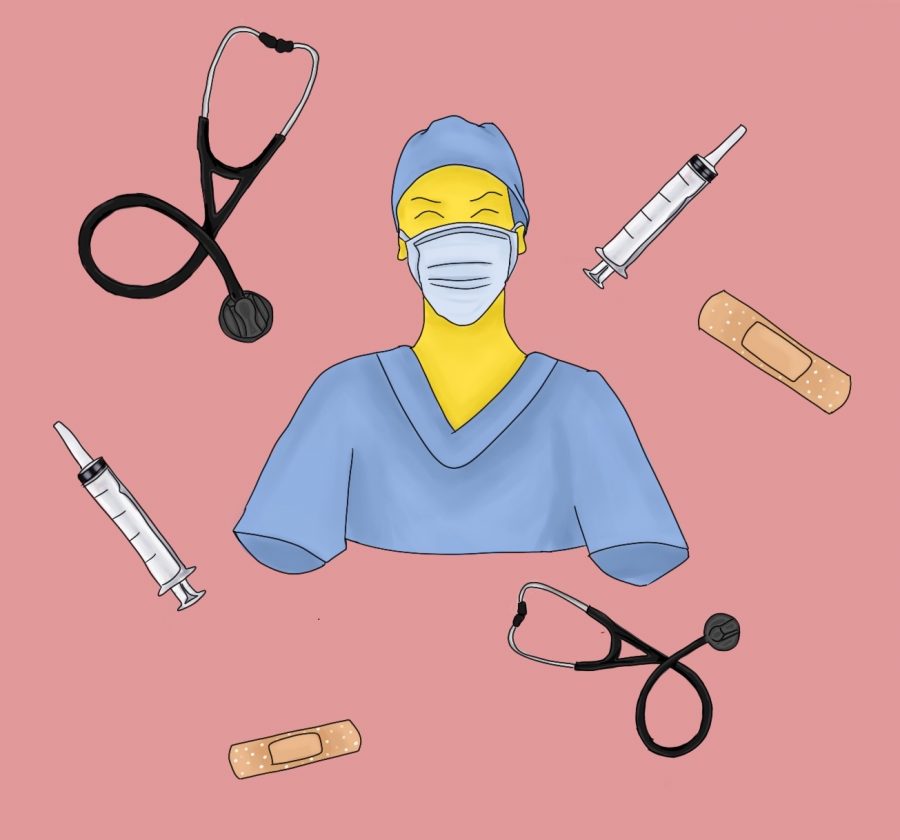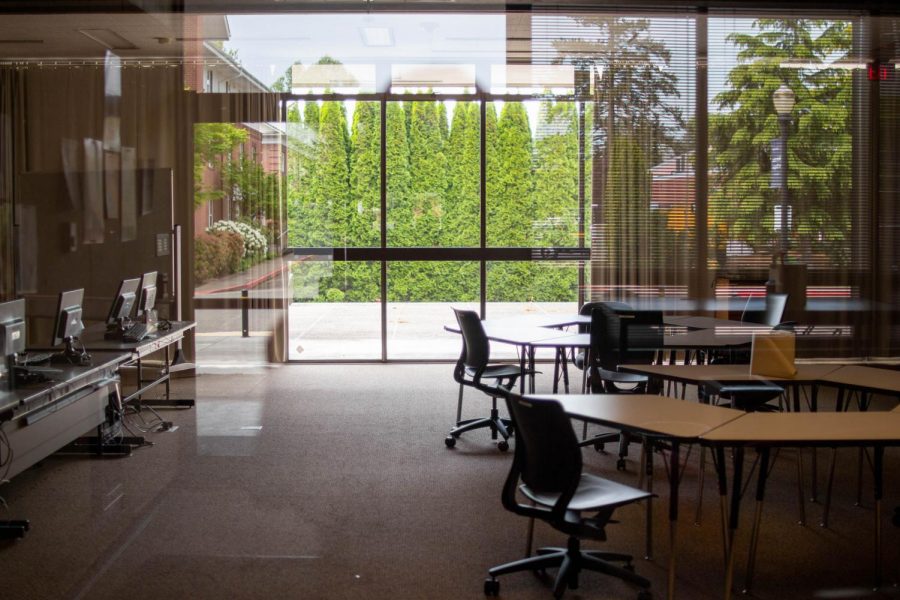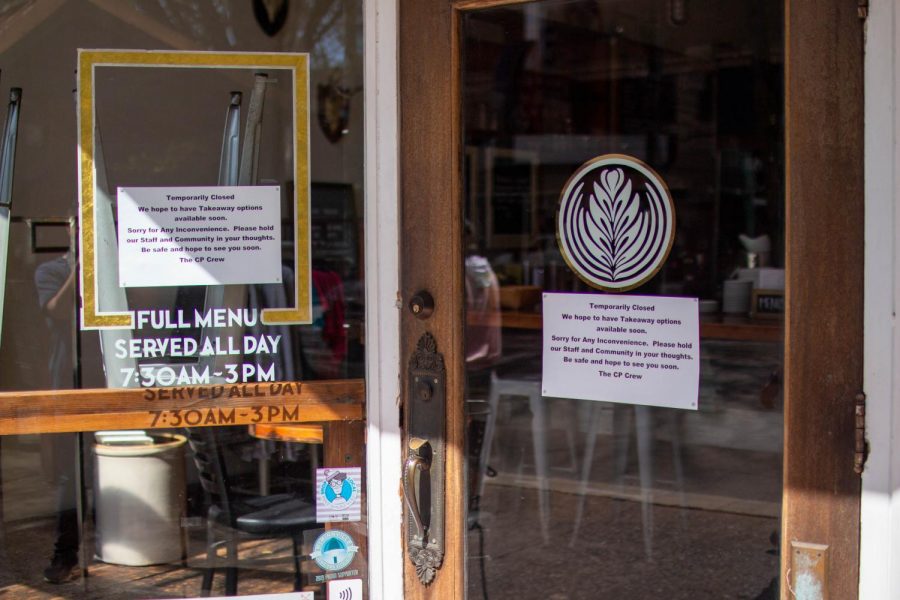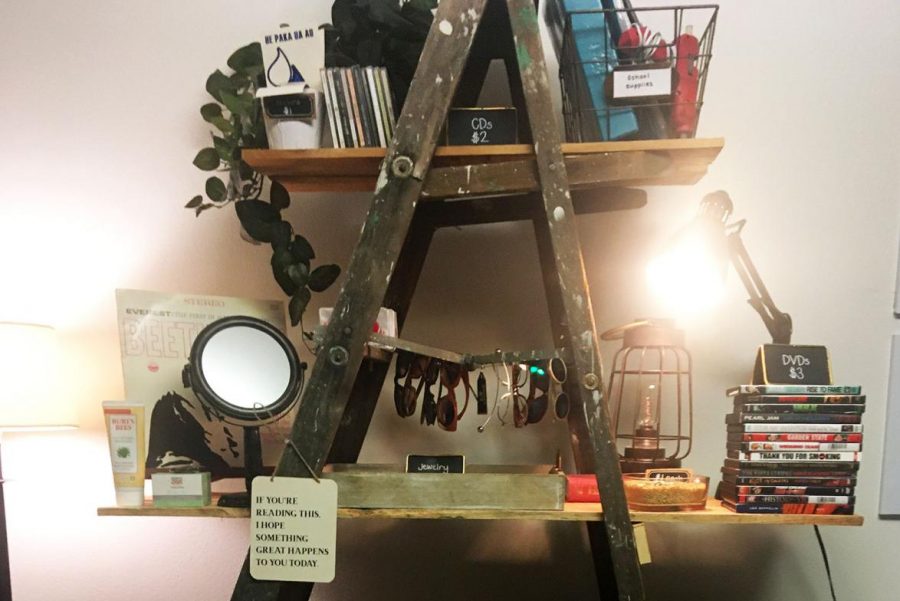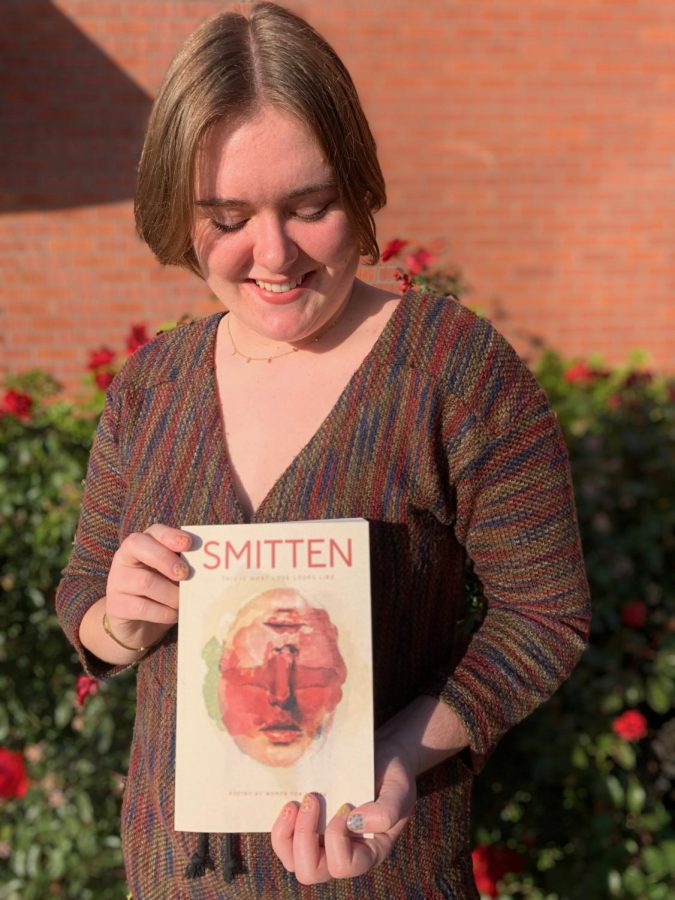The interviewing process can be one of the most terrifying parts of finding a job. You may have all the necessary qualifications, but if you can’t articulate exactly why you’d be the perfect for a job, it is a little difficult for the employer to take you seriously.
The Career Development Center here at Linfield has various tips to help with the interviewing process. It also conduct mock interviews for students in its office and send out newsletters to help with anything career-related. You can visit www.linfield.edu/career.html for more information.
Preparation before the interview is incredibly important. You can’t show up to an interview not knowing what position you’re applying for and what this position entails. The Career Development Center has a handy brochure on interviewing tips such as “Practice your firm handshake” and “Research the company and know responses to commonly asked questions.” Though personality plays a huge role in what position fits you the most, the key to making a good first impression is also professionalism in appearance.
“The right clothing reflects your respect for the interviewer and company. Start your interview strong with a well-prepared elevator pitch, which answers the ‘tell me about yourself’ question,” said student assistant Ben Berthold in the November issue of the Career Center’s November 2013 newsletter.
The interview itself is the point where many, even the most prepared, could possibly falter. Confidence is key during an interview. In the November/December 2012 newsletter, Berthold advises students to be honest within their interviews even during the dreaded question all interviewees have to face, “What is your weakness?”
“With the right wording, you can turn a negative statement into a positive one. To answer, give an example about a skill you may not have had in a past experience, but that you worked hard to improve on — just to show them that your approach is a serious one, and that you like to grow when faced with challenges,” Student assistant Aparna Parasarthy said in the October 2013 newsletter.
At the same time, the Career Development Center’s brochure on interviewing mentions that the interviewer shouldn’t be the only one asking questions. You should have a few questions of your own prepared for the interviewer, hopefully prepared from when you researched the employer.
As the interview finishes, there is still time to make first impressions. The brochure advises students to give the interviewer a firm handshake and make eye contact. Body language is a good thing to focus on during and after the interview. It also advises to write a thank you letter. Employers want to know that their time has been appreciated. After you’ve left, remember to jot down a few notes from the interview. It’d be a good thing to remember what was discussed.
Gilberto Galvez/Features editor
Gilberto Galvez can be reached at [email protected]

